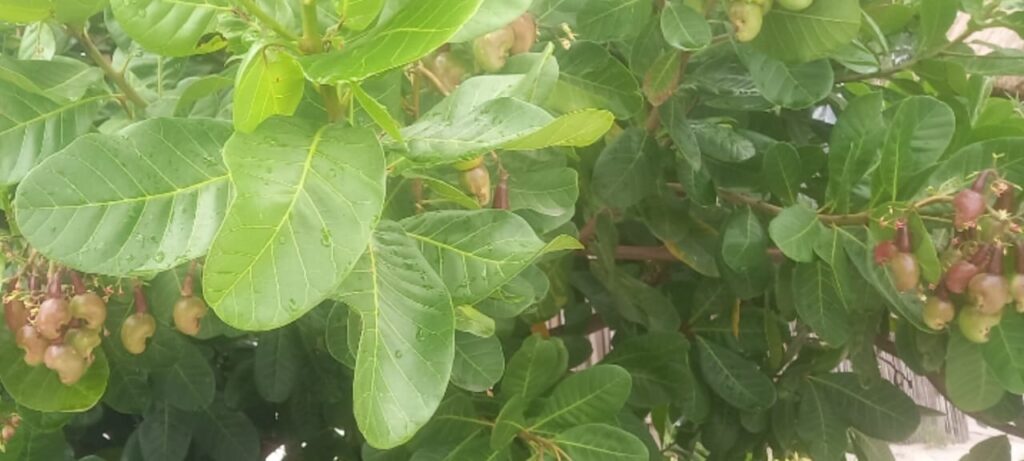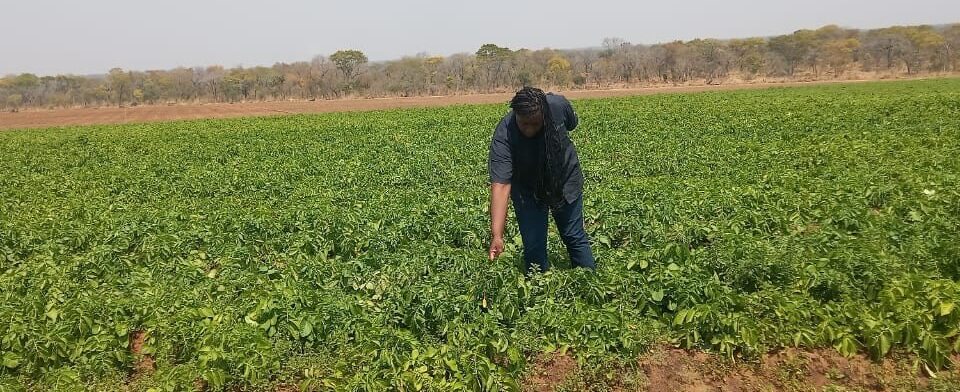
In our ongoing battle against climate change, every action counts. One such action with a dual benefit is the cultivation of cashew trees. Beyond yielding the nuts, cashew plantations hold the potential to significantly reduce greenhouse gas emissions while creating opportunities within the carbon markets.
Cashew trees scientifically known as Anacardium occidentale, have the ability to absorb and store carbon dioxide one of the greenhouse gases that causes global warming. These trees are not only efficient carbon sinks but also help combat deforestation and soil degradation. The positive impact of cashew cultivation extends beyond environmental benefits. For farmers, cashew cultivation offers economic prosperity and alleviates poverty. Cashew trees can be integrated into existing farming systems, providing shade, and diversifying income sources. the nuts are a valuable cash crop, providing income for families and communities.
As the world recognizes the importance of reducing emissions, carbon markets have emerged as a key tool in fighting against climate change. Cashew farmers can earn carbon credits by participating in these markets, and receiving compensation for their contribution to emission reduction. Carbon markets not only provide financial incentives to cashew farmers but also encourage sustainable agricultural practices.
Through the Cashew infrastructure development project, the government of Zambia targeted to plant 43,000 hectares of land with cashew trees in the western province. This has seen a lot of farmers planting cashew trees and some of the planned outcomes of the project have been realized. The cashew plantations in the 10 districts of the western province of Zambia have seen a lot of economic activity in the cashew value chain. The carbon markets have started rolling out in some of these districts and farmers have started earning income from cashew production. https://www.cidp.org.zm/index.php/project/project-cost-components
The potential impact of cashew plantations on emissions reduction extends beyond individual farms. Entire countries can benefit from adopting cashew cultivation as part of their climate action plans. By promoting cashew plantations, governments can contribute to their emission reduction targets while supporting local economies and rural development. Through the synergy of sustainable farming practices, economic growth, and emissions reduction, cashew trees demonstrate the potential for positive change.
